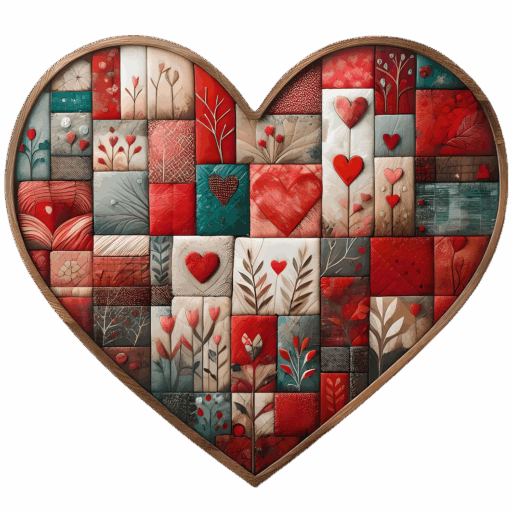HIGHLIGHTS
Book Review: On the Brink of Everything
My interest in the book was caught when I read the title, and an impactful statement early in the book confirmed my interest: “We need to reframe aging as a passage of discovery and engagement, not decline and inaction.”
Loss and Transformation
David Sunderland is the Chair of Plenna, a non-profit, non-political and non-religious organization which seeks to inform and help equip individuals to accept, consider and proactively plan for dying and death
Spirituality & Aging Workshop
An interactive workshop with Friends exploring what spiritual gifts to nurture. An opportunity to bring a new vision of how the Inner life, the Creative Life and the Community Life can be discovered and shared.
FEATURED VIDEO
AGING SUPPORT PODCAST
Through Quaker Aging Resources, Sheila Sorkin, PYM Aging Support Coordinator, works beside meetings, committees, and individuals as they think about safety at home, financial care, and well-being.
Sheila recently joined the Honestly Aging podcast by Friends Life Care VigR®. The podcast provides an overview of the nine resource sections which include Pamphlets, Related Links and Related Books.
RESOURCE CATEGORIES
Click on each resource section below to access valuable information.













